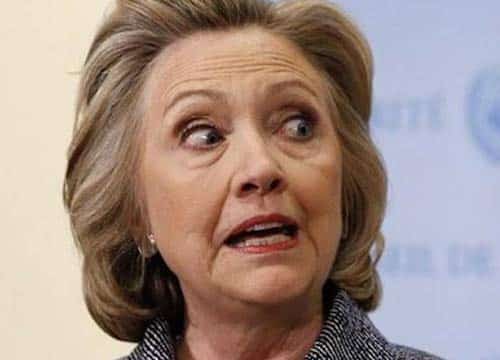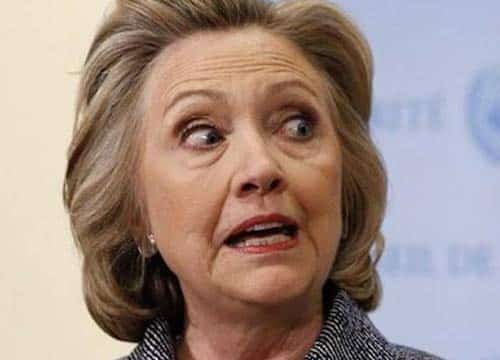One of the most troubling aspects of the recently released documents from the FBI is a timeline established for when Clinton staffers used BleachBit to try to eradicate emails and prevent them from ever being recovered. It appears that staff may have deleted the email archive after the staff received a subpoena to preserve all such evidence. The staffer working for Platte River Networks (PRN) in Denver, Colorado reportedly had what was described as an “Oh Sh*t” moment when they realized that the archive could be used to uncover what the Clinton staff deleted.
PRN was a contractor working directly with the Clinton staff in the handling of the email material and has been the subject of long controversy over its lack of security to handle the classified information that was found on the emails.
The date line is troubling. In February, 2013, Clinton resigned as Secretary of State after making the decision to use the personal server for all of her email communications. Throughout 2014, Clinton staff order PRN to make a series of transfers and to wipe clean computers with emails. At the same time, the Clinton staff deletes tens of thousands of emails. While Clinton would repeatedly say that none of these emails contains anything but personal information, it is later discovered that many contained official communications.
In December 2014, Clinton handed over the remaining 55,000 emails to the State Department. In December 2014, Heather Samuelson and Cheryl Mills requested that emails be deleted from their computer using BleachBit. In December 2014/January 2015, what is described as an “unknown Clinton staff member” orders PRN to remove archives of Clinton emails from PRN server.
Then on March 2, 2015, the New York Times blows open the scandal with an article on how Clinton used a personal server. Now here is the critical date: March 4, 2015. That is when Clinton received a subpoena from House Select Committee on Benghazi instructing her to preserve and deliver all emails from her personal servers.
Some 21 days later, a PRN staff member has a conference call with “President Clinton’s Staff” and in March 25-31, 2015, a PRN staff member has what is described as an “oh sh*t” moment when he realizes that Clinton’s email archive from the PRN server was not wiped clean and that it might be possible to see emails that were deleted. PRN reportedly knew “of the existence of the preservation request and the fact that it meant he should not disturb Clinton’s e-mail data on the PRN server.”
If this time line is correct, a Clinton contractor destroyed the evidence on the archive by using BleachBit in full knowledge of the congressional subpoena. In combination with the later confirmation that official communication were deleted, the destruction of the archive record would seem a serious matter for investigation.
2 US Code § 192 states:
Every person who having been summoned as a witness by the authority of either House of Congress to give testimony or to produce papers upon any matter under inquiry before either House, or any joint committee established by a joint or concurrent resolution of the two Houses of Congress, or any committee of either House of Congress, willfully makes default, or who, having appeared, refuses to answer any question pertinent to the question under inquiry, shall be deemed guilty of a misdemeanor, punishable by a fine of not more than $1,000 nor less than $100 and imprisonment in a common jail for not less than one month nor more than twelve months.
There are also possible violations under obstruction, perjury, and violations of 18 USC. 1001 that can be raised by such alleged conduct. I cannot imagine a private company or most individuals destroying an archive while under subpoena and not facing a series investigation for criminal charges. I may be missing something in this timeline, but it is hard to justify the destruction of an archive after the receipt of such a subpoena or constructive notice. PRN could claim that they were not subject to the subpoena but the record indicates that they were aware that a congressional committee was demanding all email evidence on the private server.
Moreover, one would expect that one of the large number of lawyers working for Clinton would have immediately contacted their contractor to tell them to halt any further deletions or scrubbing and to preserve all records. Even when files are deleted on regular schedules in corporations, the Justice Department has reacted with charges in some cases for the failure to halt such “house cleaning” measures. This was not even a regular practice but an effort to scrub computer after the State Department demanded records and then a congressional committee sent a subpoena.
Reprinted with permission from JonathanTurley.org.


